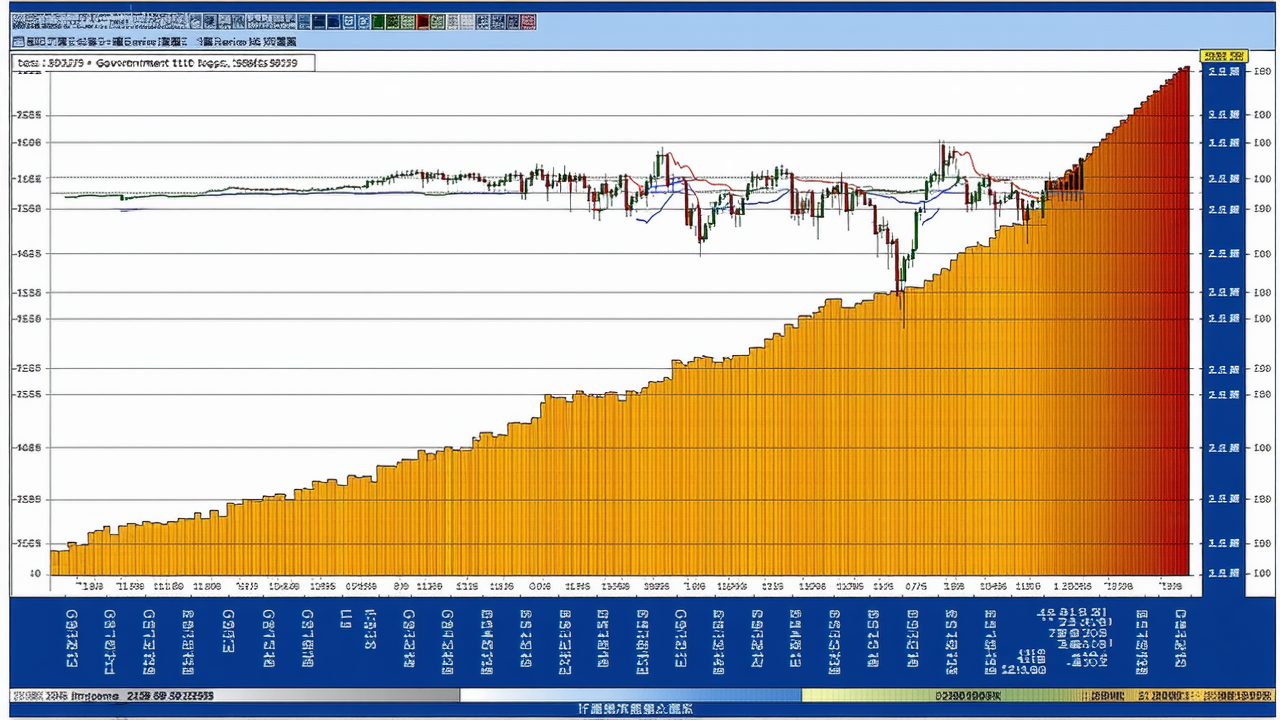New Zealand Inflation Reaches 2.7%, Highest in a Year
New Zealand Inflation Reaches 2.7%, Highest in a Year
New Zealand's annual inflation rate has climbed to 2.7%, the highest level in a year, according to the latest data released by the Statistics New Zealand. This marks a rise from the previous quarter's 2.5%, driven by increases in food, energy, housing, and rental prices. Meanwhile, falling prices for items like gasoline, childcare, and telecommunications equipment helped temper the overall increase.
The consumer price index (CPI) rose by 0.5% in the quarter ending June, contributing to the annual increase. The main factors behind the inflation surge include rising land taxes, rent, electricity, and food prices. Land taxes saw the largest increase, rising by 12.2%, reflecting the ongoing impact of last year's tax hikes. Rent increased by 3.2% over the past year, though this was the lowest rate in four years.
Electricity prices rose by 8.4% due to recent line charge increases, while new home purchase costs fell for the first time in 14 years, driven by increased competition and lower renovation costs. However, the overall housing price still rose by 0.8% for the year.
Imported goods and services also saw a 0.3% increase in the quarter, with a 1.2% annual rise, partly due to higher export food prices and overseas accommodation costs. A notable trend was the sharp increase in streaming service costs.
Despite the increase, the inflation rate remains within the Reserve Bank of New Zealand's target range of 1% to 3%. This has led analysts to believe that the bank may continue its rate-cutting policy, although the decision will depend on local economic conditions and global trade outlooks.
The inflation rate in New Zealand is higher than in Australia and the European Union but lower than in the UK and the OECD's average of 4%. Finance Minister Nicola Willis stated that the data shows inflation remains under control, emphasizing the government's commitment to addressing cost-of-living pressures.
However, opposition parties have criticized the government, arguing that the rising costs of living, including sharp increases in food prices, land taxes, and electricity, are worsening the cost-of-living crisis. They accuse the government of favoring property speculators and fossil fuel companies over ordinary families.
Green Party co-leader Chlöe Swarbrick highlighted that vulnerable groups are bearing the brunt of the inflation, with reports showing that low-income families are spending up to 98% of their disposable income on housing, food, and utilities.
While the government has introduced measures such as the Family Boost policy to alleviate some of the pressures, critics argue that more needs to be done to address the underlying issues driving inflation and support those most affected by rising costs.
